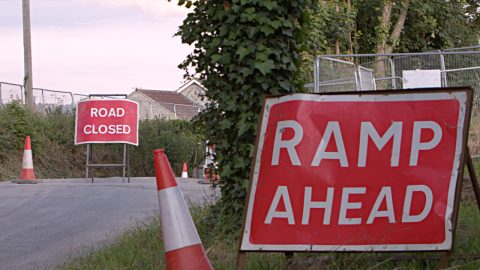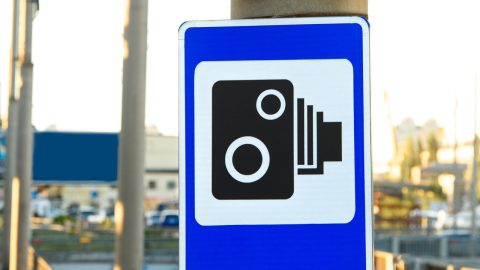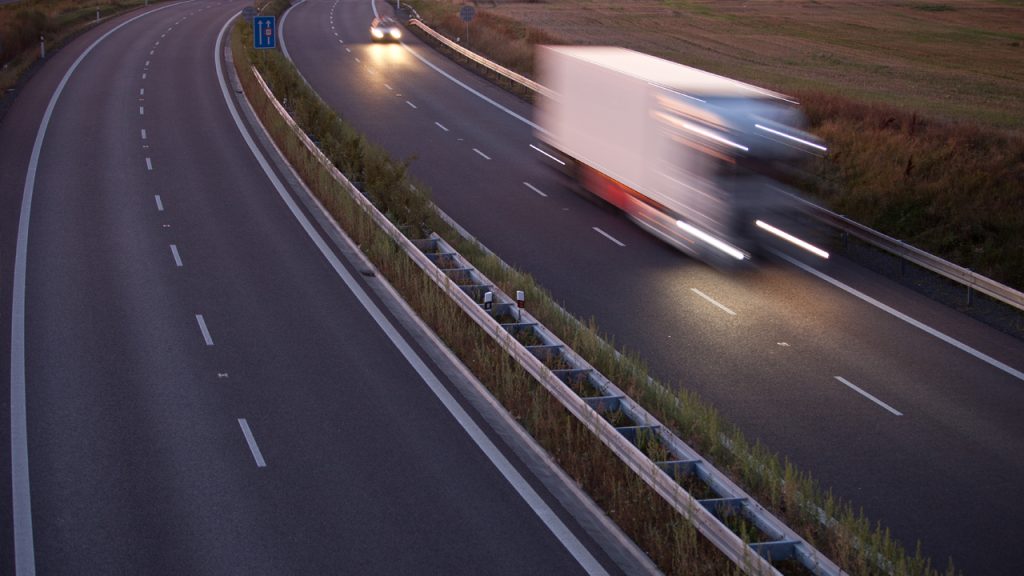Heavy Goods Vehicles (HGVs) are an integral part of the logistics and transportation industry, ensuring goods are moved efficiently across regions. However, given their size and weight, HGVs pose significant risks on the road, especially when involved in speeding. Understanding the laws and consequences surrounding HGV speeding is crucial for drivers, fleet managers, and the wider public. This blog delves into the specifics of HGV speeding, including laws, consequences, and frequently asked questions.
Understanding HGV Speed Limits
In the UK, speed limits for HGVs vary depending on the type of road and the vehicle’s weight. Generally, for vehicles over 7.5 tonnes:
- On single-carriageways, the limit is 50 mph.
- On dual carriageways, it’s 60 mph.
- In built-up areas, the standard 30 mph limit applies unless otherwise specified.
For HGVs under 7.5 tonnes, the speed limits align more closely with those for cars, but it’s essential to always verify based on specific vehicle characteristics and local regulations.
The Consequences of Speeding for HGV Drivers
Speeding in an HGV not only endangers lives but also carries substantial legal and financial consequences. Penalties can range from fines and points on the driver’s license to more severe repercussions like disqualification from driving and imprisonment, particularly in cases leading to serious accidents. Additionally, fleet operators can face reputational damage, increased insurance premiums, and potential legal liabilities.
FAQs on HGV Speeding
Speeding is defined as driving above the posted speed limits for the road and vehicle type. For HGVs, this varies based on the vehicle’s weight and the road category.
Yes, penalties can be more severe due to the increased risk HGVs pose. Fines are often calculated based on the severity of the offense and the driver’s weekly income.
Speed limiters can help enforce maximum speeds, but drivers must still adhere to lower speed limits on certain roads.
Speeding violations can lead to higher insurance premiums for both the driver and the fleet operator.
Facts and Statistics
- Speeding remains a leading cause of road accidents and fatalities, with HGVs involved in a significant proportion of serious incidents.
- The Department for Transport reports that HGVs are disproportionately involved in fatal crashes, particularly on single-carriageway roads.
- Studies suggest that even a small increase in speed can significantly raise the risk of accidents involving HGVs.
The Importance of Compliance
Adhering to speed limits is not just about avoiding penalties; it’s about ensuring road safety for all users. Fleet operators should invest in driver training, regular vehicle checks, and technology like telematics to monitor and enforce safe driving practices.
Speeding in an HGV carries grave risks and severe consequences. HGV drivers and fleet operators must understand and respect the laws governing vehicle speed. By fostering a culture of safety, compliance, and responsibility, we can all work towards reducing accidents, saving lives, and ensuring the smooth operation of the transportation and logistics industry.









